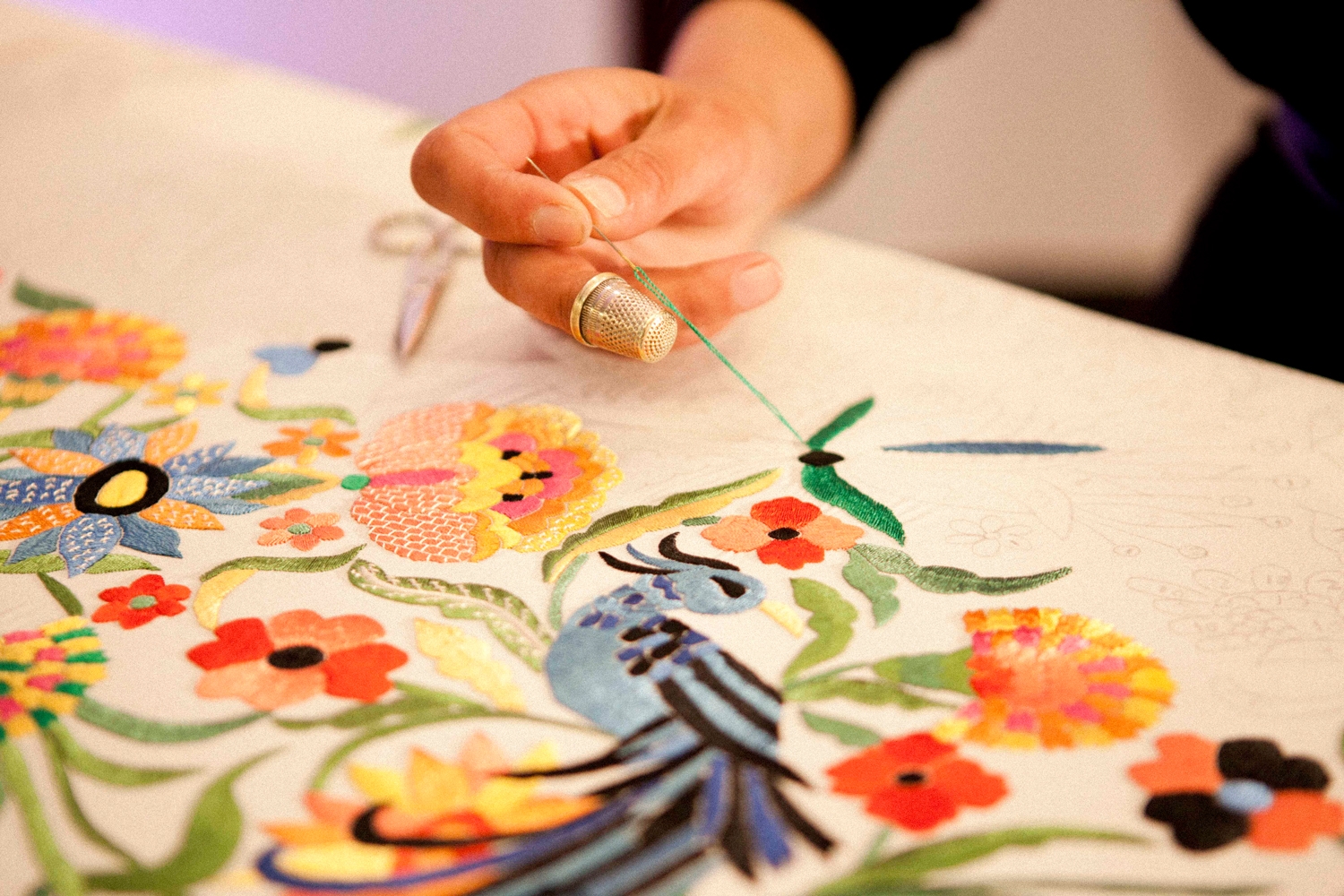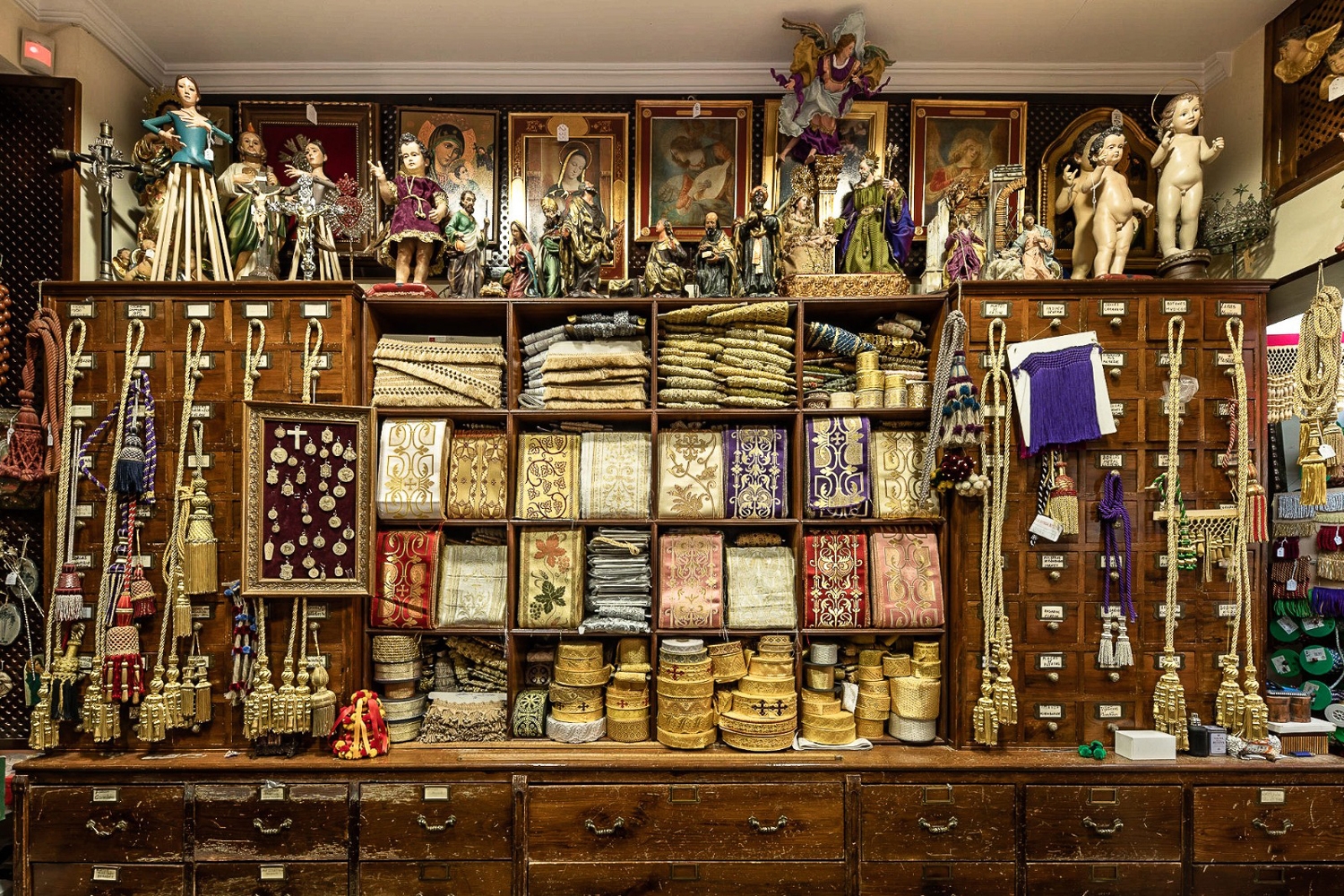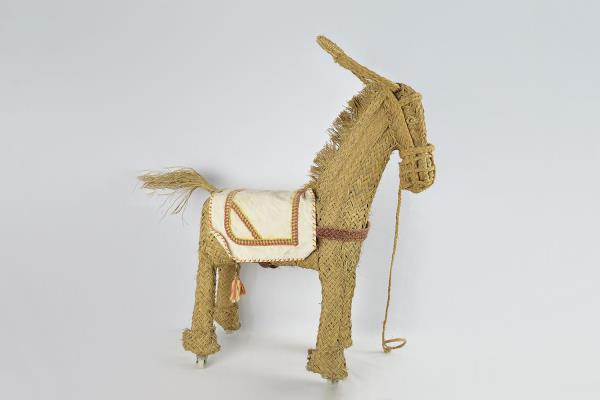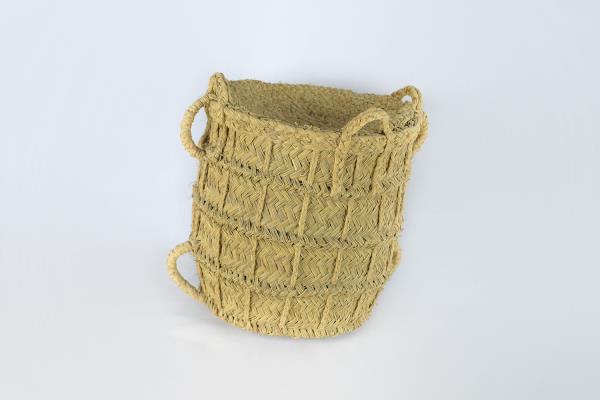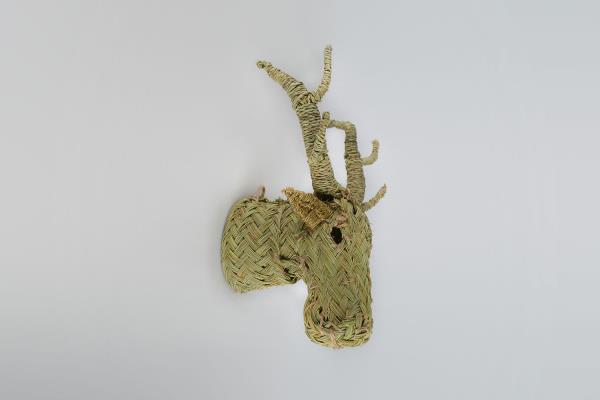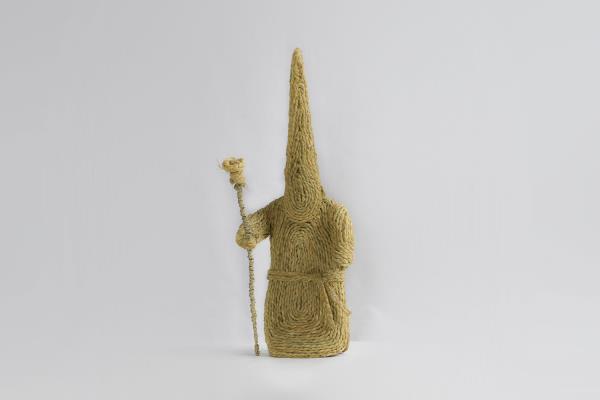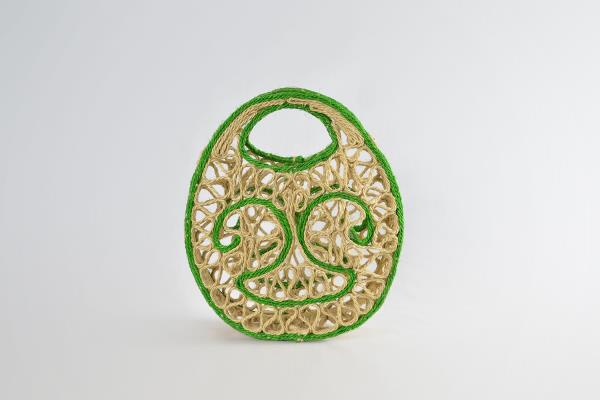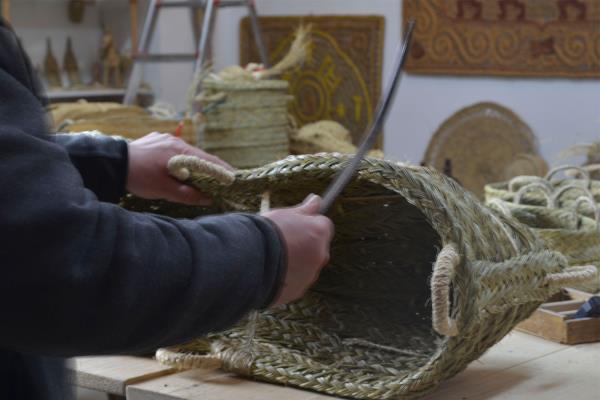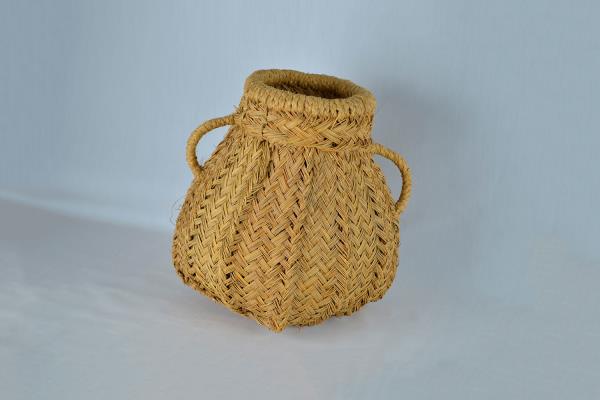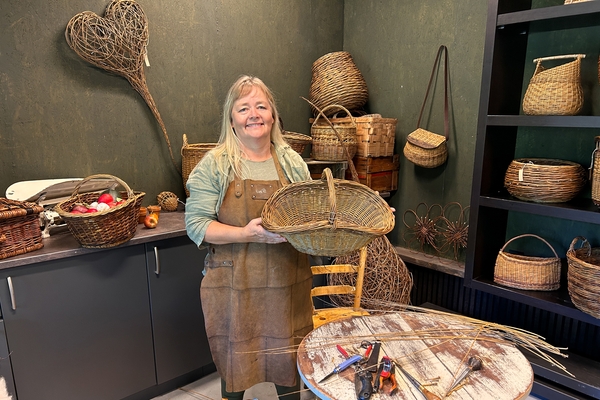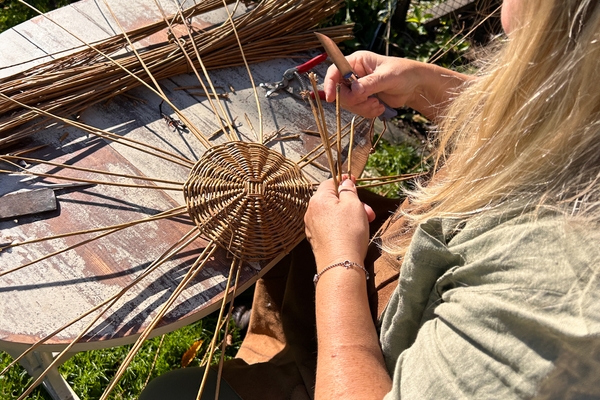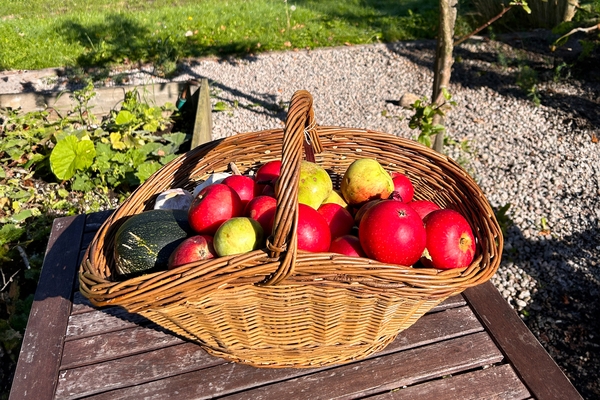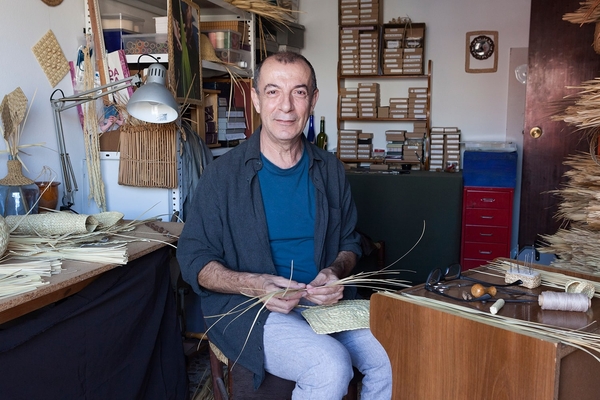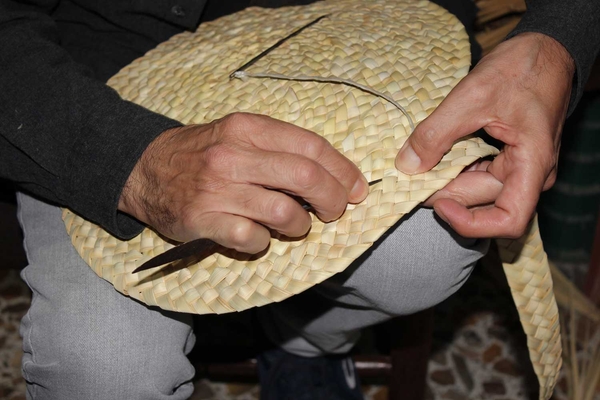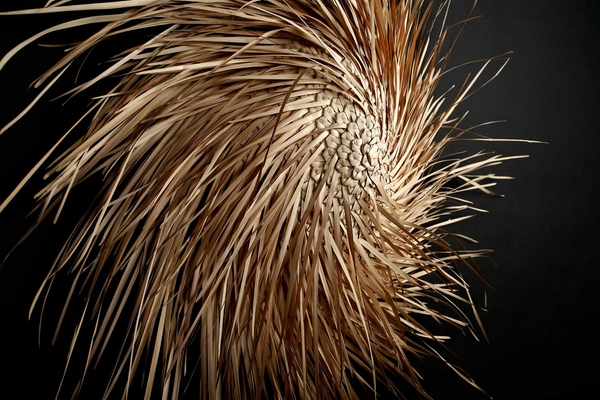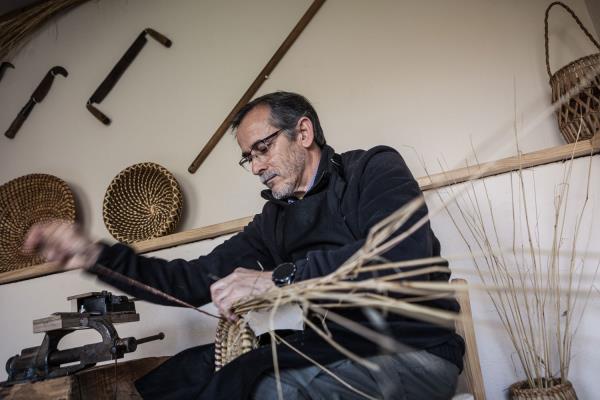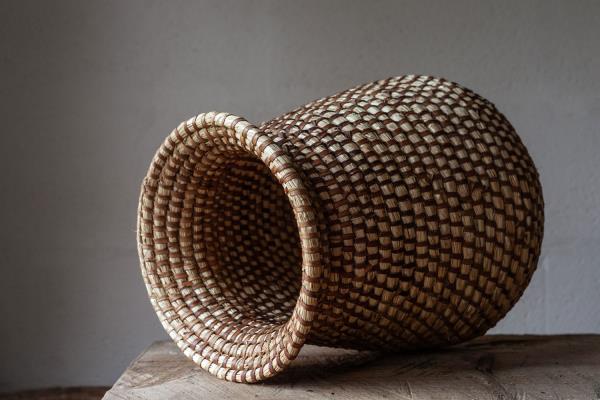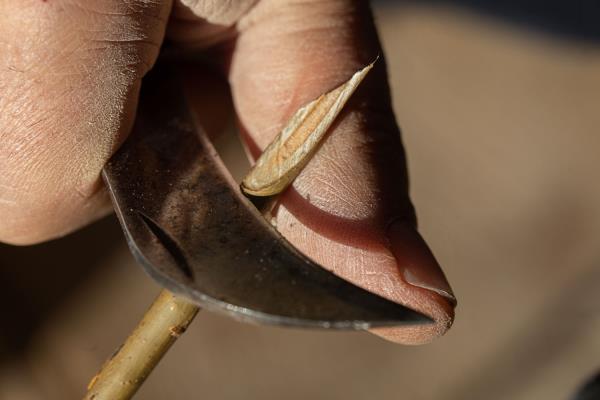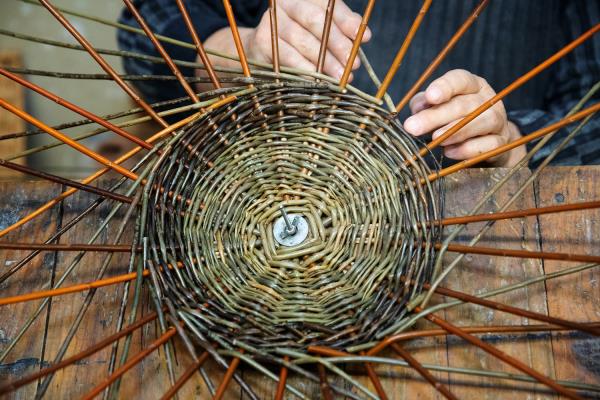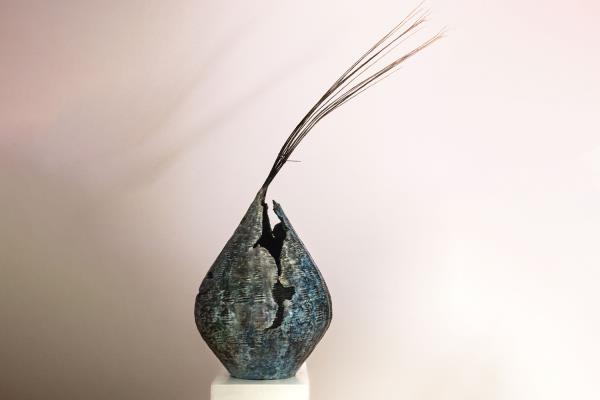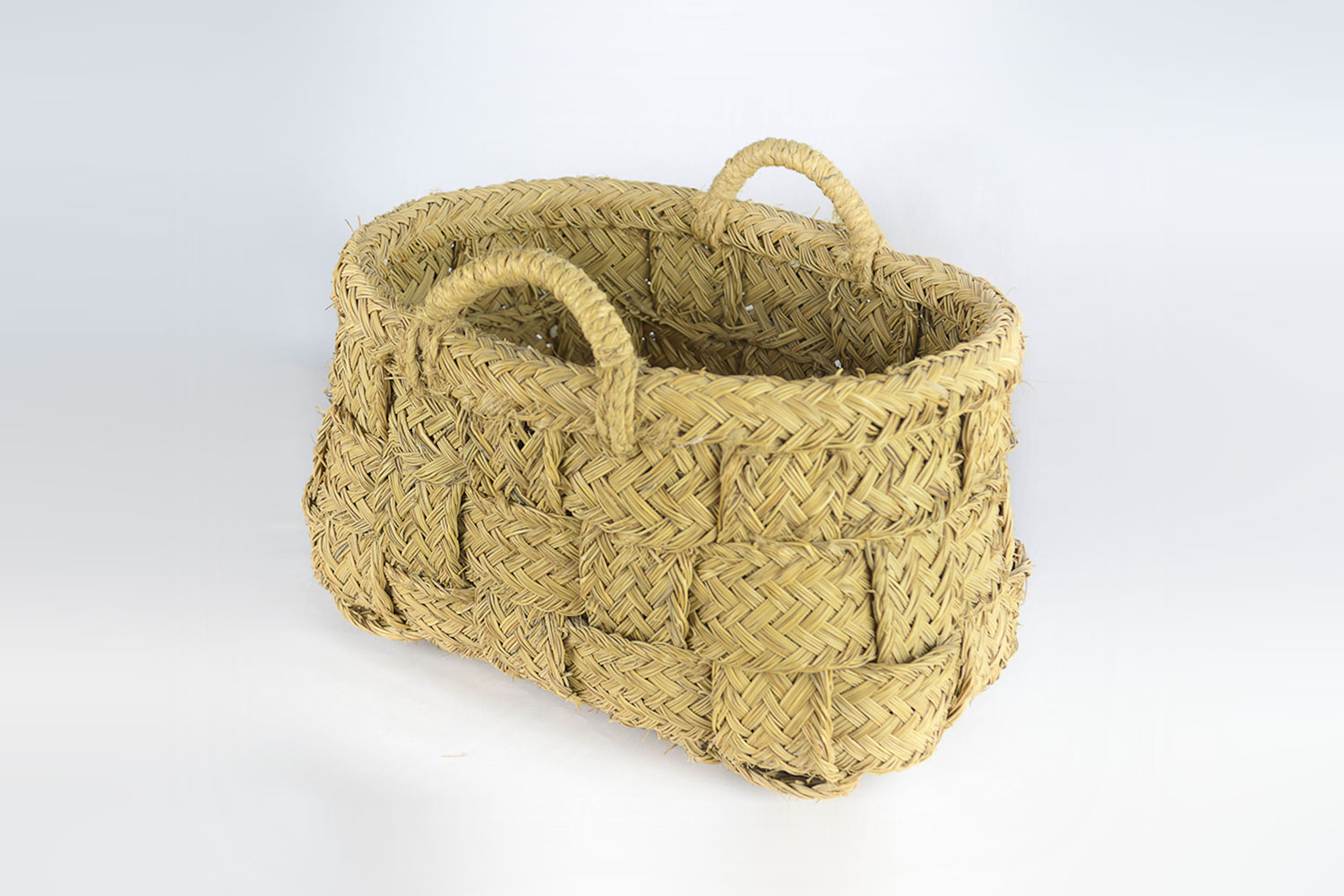
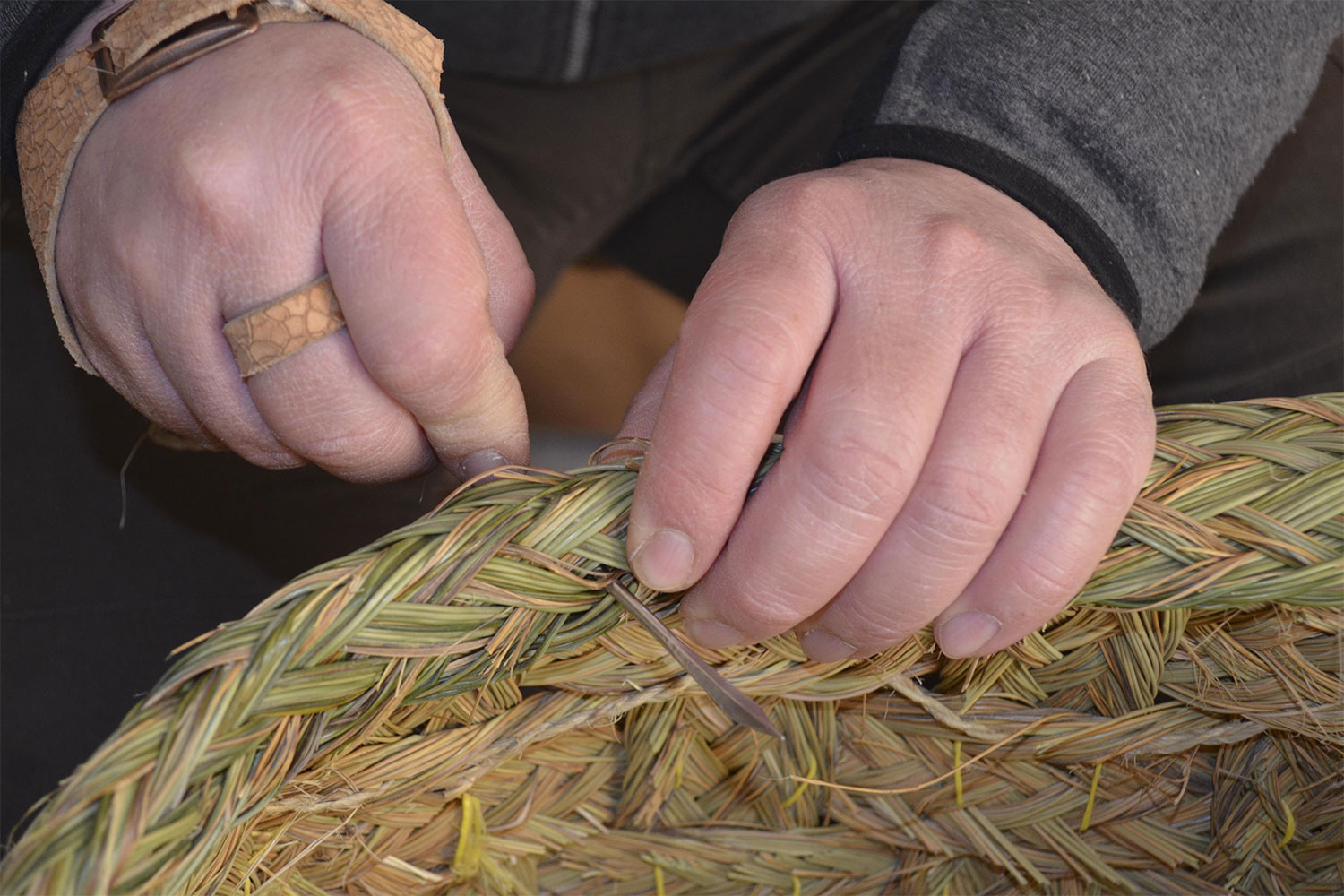
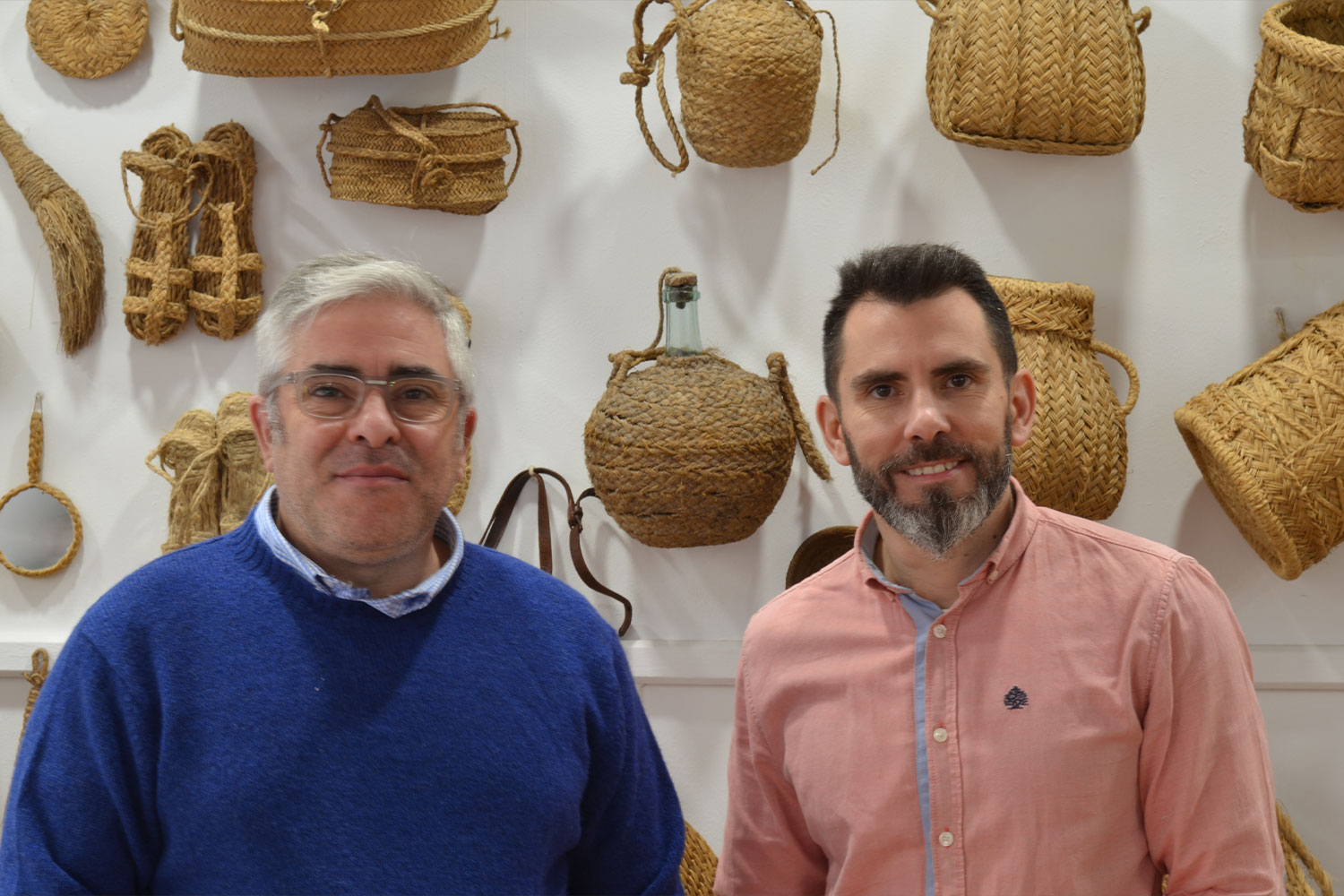
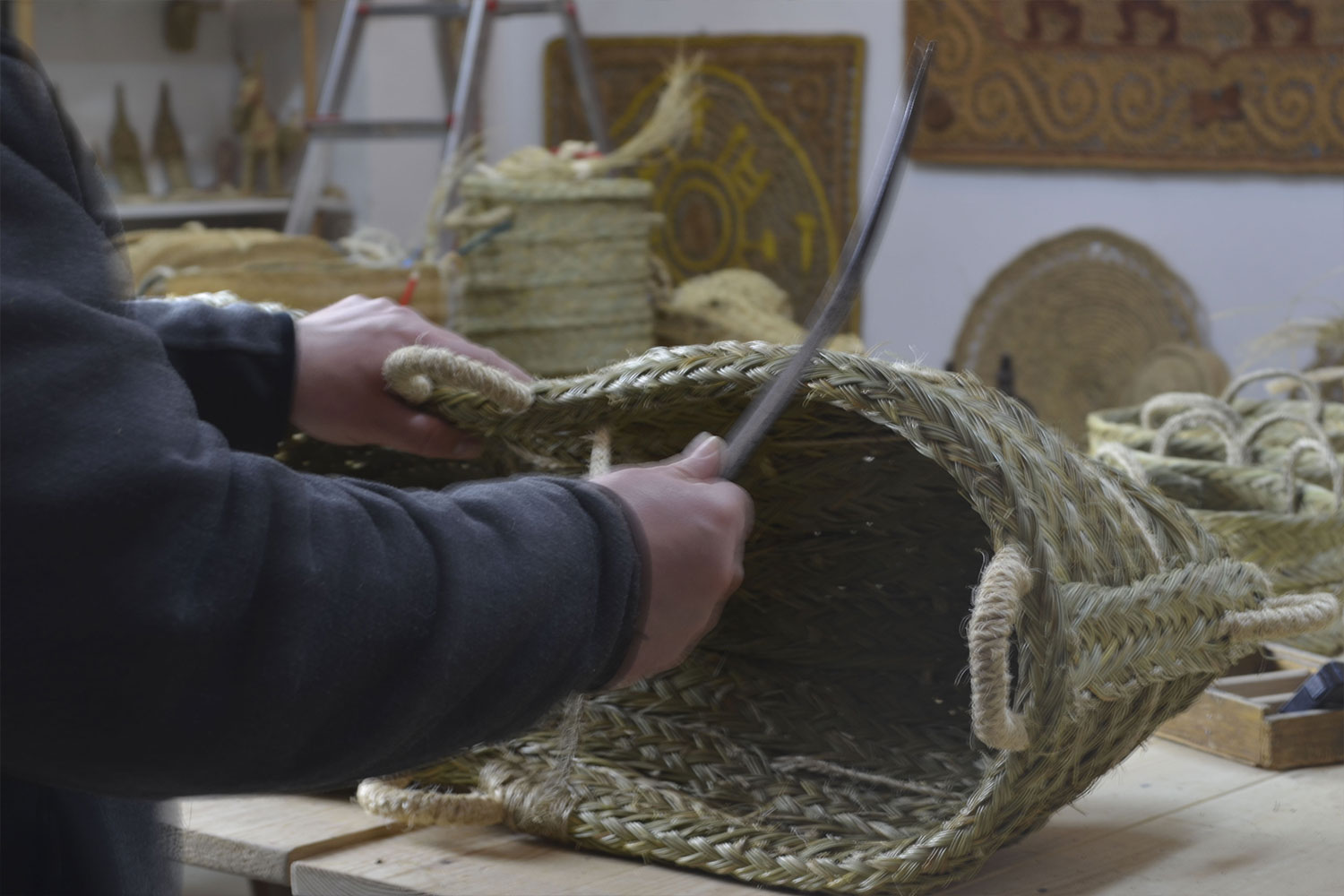
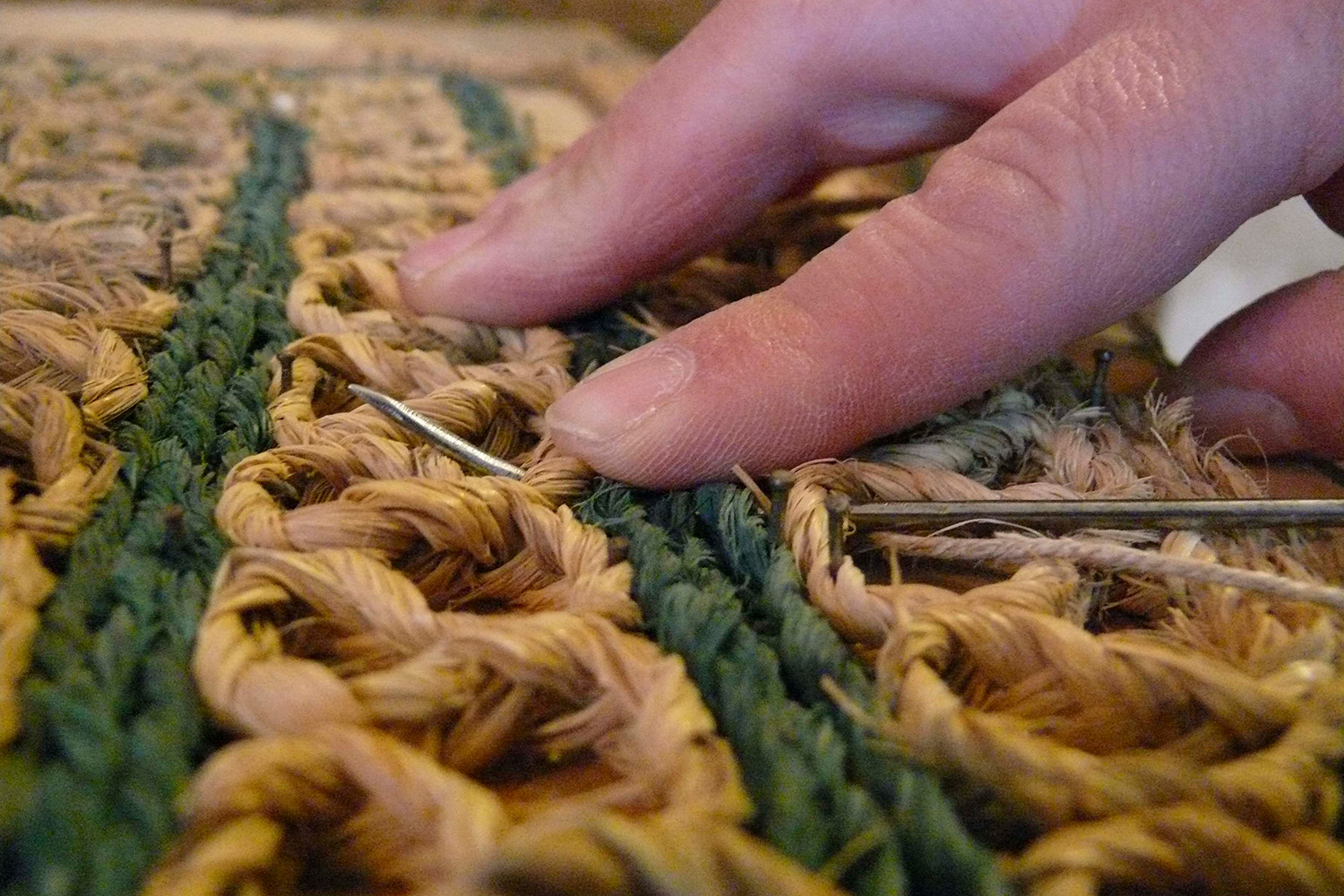





Pedro Antonio & Jesús Blanco
A family affair
- The brothers are fascinated by the texture of esparto grass
- They are the sixth generation of their family to take up the craft
- Weaving esparto can be physically painful on the hands
Siblings Pedro Antonio and Jesús Blanco Ubalde learned the craft of weaving esparto grass from their father and grandfather, continuing a local tradition that dates back thousands of years. In 2013 they founded their own workshop, Ubedíes Artesanía, pursuing a commitment to reinvigorating tradition and preserving a craft that had previously been neglected due to the rise of plastic and synthetic fibres. The brothers' passion, curiosity and ingenuity are matched by a continual desire to experiment, whether by trying different ways of dyeing and blending materials, researching innovative techniques or branching out into fashion by joining forces with young Spanish designers.
Interview
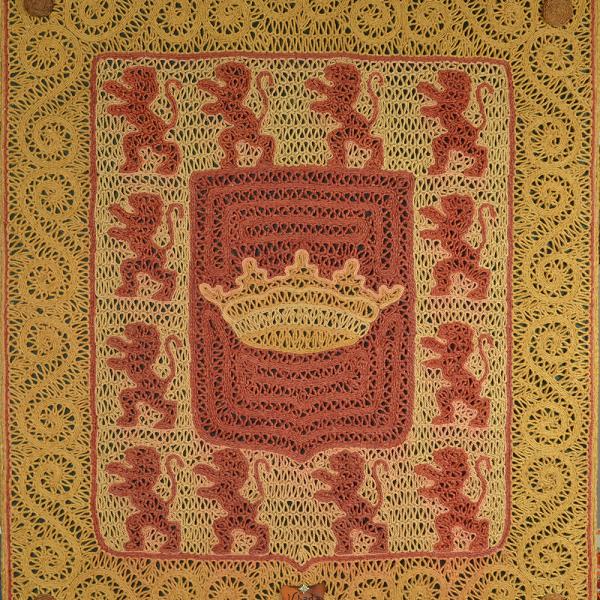
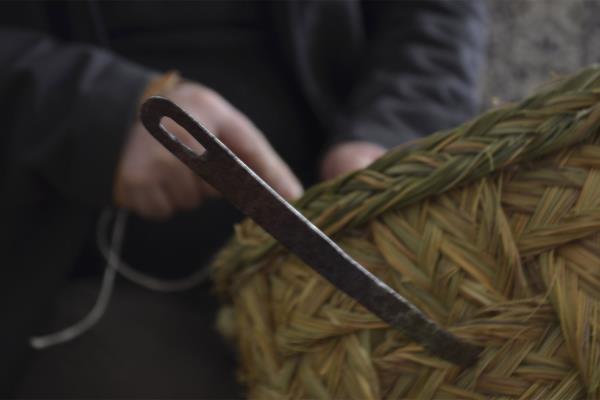
- Jesús, what would you say to someone who wants to take up this craft?
- This craft requires passion, effort and can also be painful. I would suggest not giving up, and being aware that the first few years will be tough and without financial reward. However, if you carry on, your efforts will be acknowledged and you will acquire strength to face everything.
- Pedro, can you describe the ubedí rug, one of your specialisms?
- This is an item with a great tradition. When we opened our workshop in 2013 with the aim of keeping the esparto craft alive, one of the first pieces we made was a rug made of pita fibre and sisal. This kind of rug dates back to the 11th century and is weaved with filigree and arabesque motifs.
- What other products do you make?
- Jesús: Besides the rugs and mats, we make baskets, wide brimmed hats (pamelas), jewellery, and espadrilles; we also collaborate with fashion designers. I like to be eclectic in what I do, to experiment and innovate, to mix materials and choose the fibre that best suits the product.
- How do you balance innovation and tradition?
- Pedro: One cannot exist without the other, and we are fascinated by both. Traditional craftsmanship needs to be promoted; at the same time we can't do that without innovation – eyeing new trends in design and manufacturing, focusing on distribution and on communicating our story and craft.
Pedro Antonio & Jesús Blanco are master artisans: they began their career in 1982 and they started teaching in 1998
Works
Where
Pedro Antonio & Jesús Blanco
Find Pedro Antonio & Jesús Blanco in the itinerary
Azur Travel.jpg)
